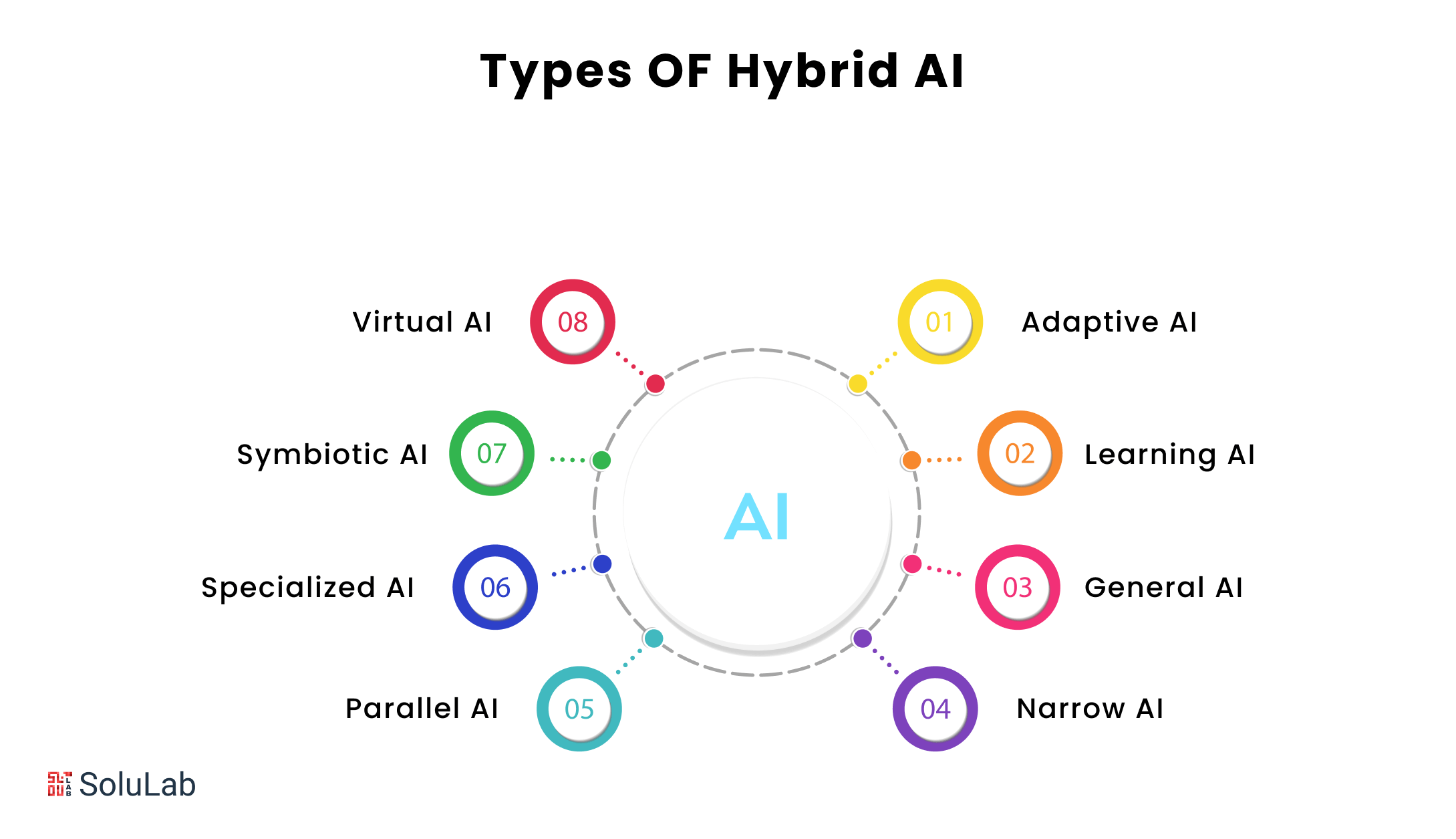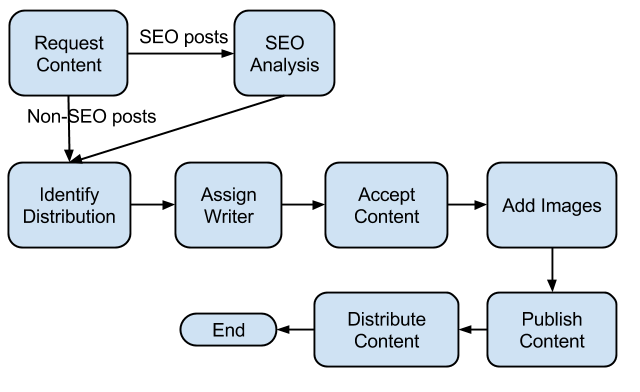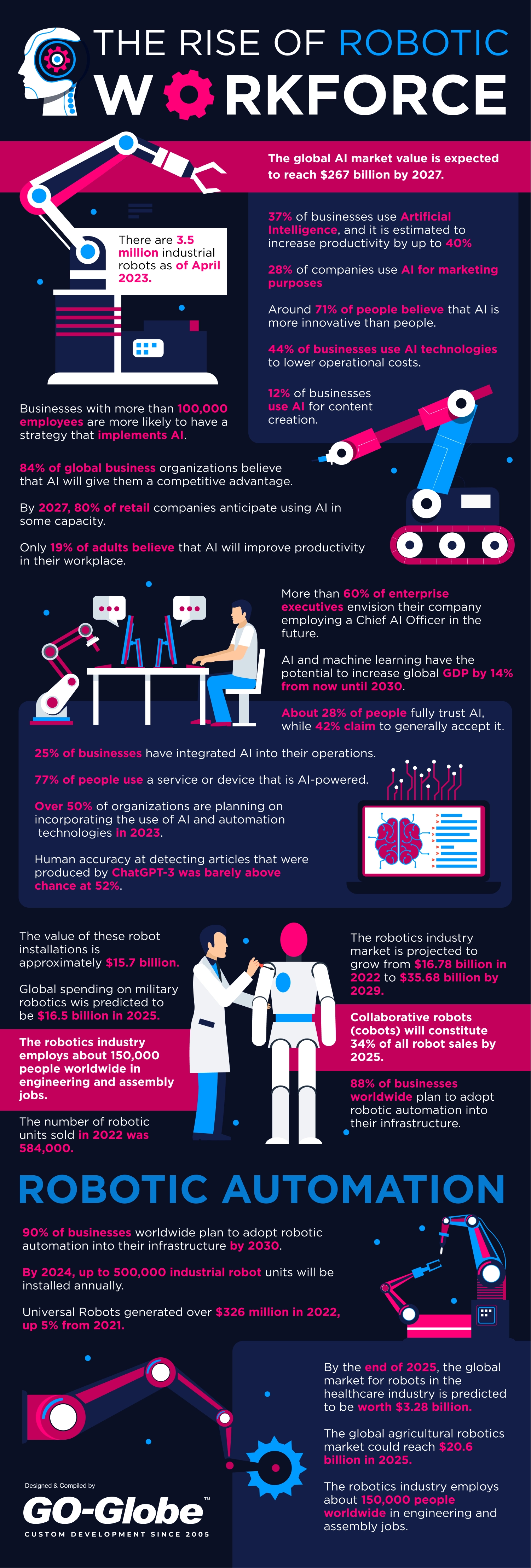The digital content landscape is rapidly evolving, demanding innovative ways for teams to produce and distribute high-quality material efficiently. Automation has emerged as a leading solution, allowing content creators to enhance productivity while retaining the advantages of human insight. By integrating advanced AI tools such as GPT-3 and GPT-4, teams can significantly accelerate their content production without sacrificing standards. However, maintaining human oversight is crucial for ensuring that content aligns with brand identity and ethical standards. This guide explores how content creators and marketing professionals can leverage automation while upholding quality through effective human intervention.
Why Automation Matters for Content Production
The demand for diverse content formats—ranging from blog posts and articles to social media updates—necessitates the adoption of automation in the content creation process. Automation is not simply a trend; it represents a fundamental shift toward improved efficiency in addressing consumer needs.
Automation enhances productivity by enabling teams to focus more on strategic endeavors rather than repetitive writing tasks. Advanced AI tools such as GPT-3, which boasts 175 billion parameters, can generate human-like text in mere seconds, a task that would typically require hours or even days from human writers. Research from 2024 indicates that about 44.1% of key Search Engine Optimization (SEO) tasks can now be automated through these AI technologies, greatly benefiting teams aiming to streamline their operations.
Furthermore, automated content generation can provide consistency in tone and style, essential for companies looking to establish a uniform voice across various platforms. For instance, a financial institution may utilize AI-generated summaries to convey market updates while ensuring that all communication reflects its established brand standards.
An infographic that outlines the increasing impact and prevalence of AI automation across various industries (Source: Go-Globe)
In summary, automation plays a critical role in modern content strategies, enabling organizations to scale production while achieving operational efficiencies. Embracing automation allows teams to leverage these new technologies and enhance the effectiveness of their content strategies.
Balancing Speed with Quality Through a Hybrid Approach
While AI tools substantially accelerate content generation, the hybrid approach—which combines automation with human creativity—remains vital for maintaining quality. This method allows content teams to harness the strengths of both AI and human insight.
AI is particularly effective in handling routine tasks such as drafting outlines or generating multiple versions of content. For example, an AI could draft various blog posts based on trending topics, which human writers can then enhance with unique perspectives and emotional nuances that AI cannot fully replicate. In practice, it has been observed that AI-generated content online increased from 185 pages in December 2022 to over 15,000 pages by 2024, indicating the potential for AI to support human-driven creativity.
Moreover, implementing best practices is essential for ensuring that quality is upheld throughout the content production process. Establishing structured editorial reviews and quality checklists can help maintain alignment with brand guidelines while allowing for the rapid output of high-quality content.

A diagram illustrating different types of hybrid AI models (Source: Solulab)
In conclusion, the hybrid approach to content production effectively balances the speed offered by AI with the depth and creativity that human editors bring. By integrating both elements, organizations can produce high-quality content more efficiently.
Establishing Robust Editorial Workflows for Accountability and Quality
The introduction of automation in content production necessitates adopting robust editorial workflows that can seamlessly incorporate AI technologies. To achieve this, it is imperative to establish clear roles and responsibilities within content teams.
Human editors play a crucial role in ensuring that AI-generated content meets accuracy and quality standards. They are responsible for aligning this content with the brand’s voice and values. As noted by industry experts, maintaining strict human oversight is essential for achieving high-quality production in AI-enhanced environments. Conducting regular audits and reviews of AI-generated content facilitates continuous improvement and adaptation to user feedback.
In practice, effective editorial workflows should include well-defined review processes, where human editors review AI-generated material for tone, relevance, and accuracy. This structured approach helps to uphold content quality, mitigating the risks associated with misinformation or errors.

A flowchart that presents the steps involved in an efficient content marketing workflow (Source: Kissflow)
In summary, implementing robust editorial workflows that integrate both automation and human creativity enables content teams to consistently produce high-quality material.
Navigating Ethical Considerations in AI-Driven Content
As AI becomes more prevalent in content creation, it introduces various ethical considerations that must be addressed. Content creators need to navigate issues related to bias, transparency, and accountability with care.
Transparency entails disclosing when content has been generated or assisted by AI, thus fostering trust with audiences and preventing misconceptions regarding content origins. It is also essential to remain vigilant about the biases that AI systems can perpetuate, which can lead to unintended discriminatory outcomes.
Guidelines for ethical AI deployment should incorporate robust review processes where human editors assess AI-generated content for accuracy and appropriateness. By doing so, organizations can effectively counter misinformation and uphold ethical standards.
Developing a comprehensive quality control checklist can significantly enhance adherence to ethical practices, ensuring that metrics like originality, relevance, and user engagement are consistently prioritized. This not only strengthens content quality but also aligns with industry regulations.

A visual checklist summarizing ethical considerations for content creators (Source: Faster Capital)
Ultimately, adhering to ethical guidelines surrounding AI in content creation establishes a culture of responsibility, fostering high-quality outputs that respect user rights and societal norms.
The SEO Edge and How Automation Fuels Digital Marketing Performance
The integration of automation into content production plays a pivotal role in enhancing SEO performance and engagement metrics within digital marketing strategies. By utilizing automation tools, organizations can optimize their content for search engines while gaining insights into audience behavior.
Automated SEO tools streamline critical functions such as keyword research, content optimization, and performance tracking. In 2024, approximately 44.1% of SEO tasks had transitioned to AI-powered platforms, enabling teams to optimize large volumes of content with greater efficiency than ever before.
Furthermore, automated systems provide detailed analytics regarding user interactions, allowing marketers to tailor content according to audience preferences. Metrics such as Read Time and Interaction Rates offer invaluable insights, informing strategic decisions that can enhance engagement.

A graph illustrating various SEO performance metrics (Source: Growth Minded Marketing)
In conclusion, automation significantly boosts SEO performance and improves audience engagement by streamlining content production processes and providing deeper analytical insights when combined with human expertise.
Empowering Teams with Essential Skills for Editors in the Age of AI
As teams increasingly rely on automated content production, editors must develop a specific skill set that merges technical knowledge with traditional editorial skills. Familiarity with AI technologies and their implications is indispensable for navigating contemporary content creation.
Technical proficiency in data analysis and understanding AI tool functionalities are critical for editors aiming to optimize their workflows. This may include expertise in content management systems (CMS) and analytics platforms to measure performance effectively.
In addition, strong writing and editing capabilities remain vital. Editors must be equipped to refine AI-generated content, ensuring it complies with established quality standards while infusing creativity and depth.
Training programs should be designed to address these skills and may involve workshops focusing on AI dynamics, data analytics, and editorial best practices, giving editors the tools they need to excel.

A visual guide that outlines the crucial skills for content editors (Source: Enhancv)
By equipping content teams with these essential skills, organizations can enhance their capacity to manage automated processes effectively while maintaining high-quality standards.
Conclusion
Boosting content output through automation and human oversight has become essential in today’s fast-paced digital environment. As organizations increasingly adopt AI technologies, maintaining a focus on quality, ethics, and transparency is crucial.
This guide has examined the importance of automation, the balance between efficiency and quality achieved through a hybrid approach, and the establishment of strong editorial workflows to ensure accountability. Addressing ethical considerations while leveraging automation can mitigate risks associated with misinformation and enhance content quality.
As content creators and marketing teams implement these strategies, they can scale content production effectively while upholding the standards necessary for successful digital engagement. By fostering a collaborative environment that values both technological advancements and human contributions, organizations will be well positioned to navigate the challenges and leverage the opportunities presented by automation in content production.

Komentar (0)
Masuk untuk berpartisipasi dalam diskusi atau .